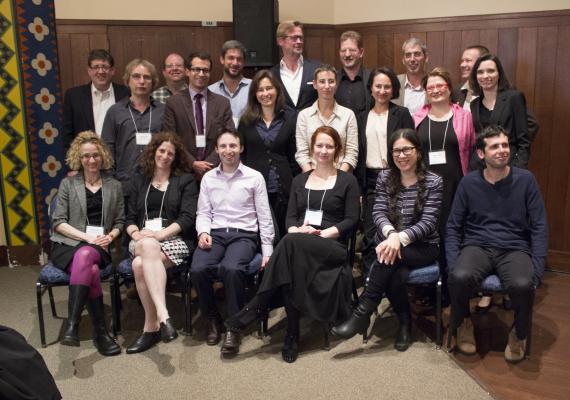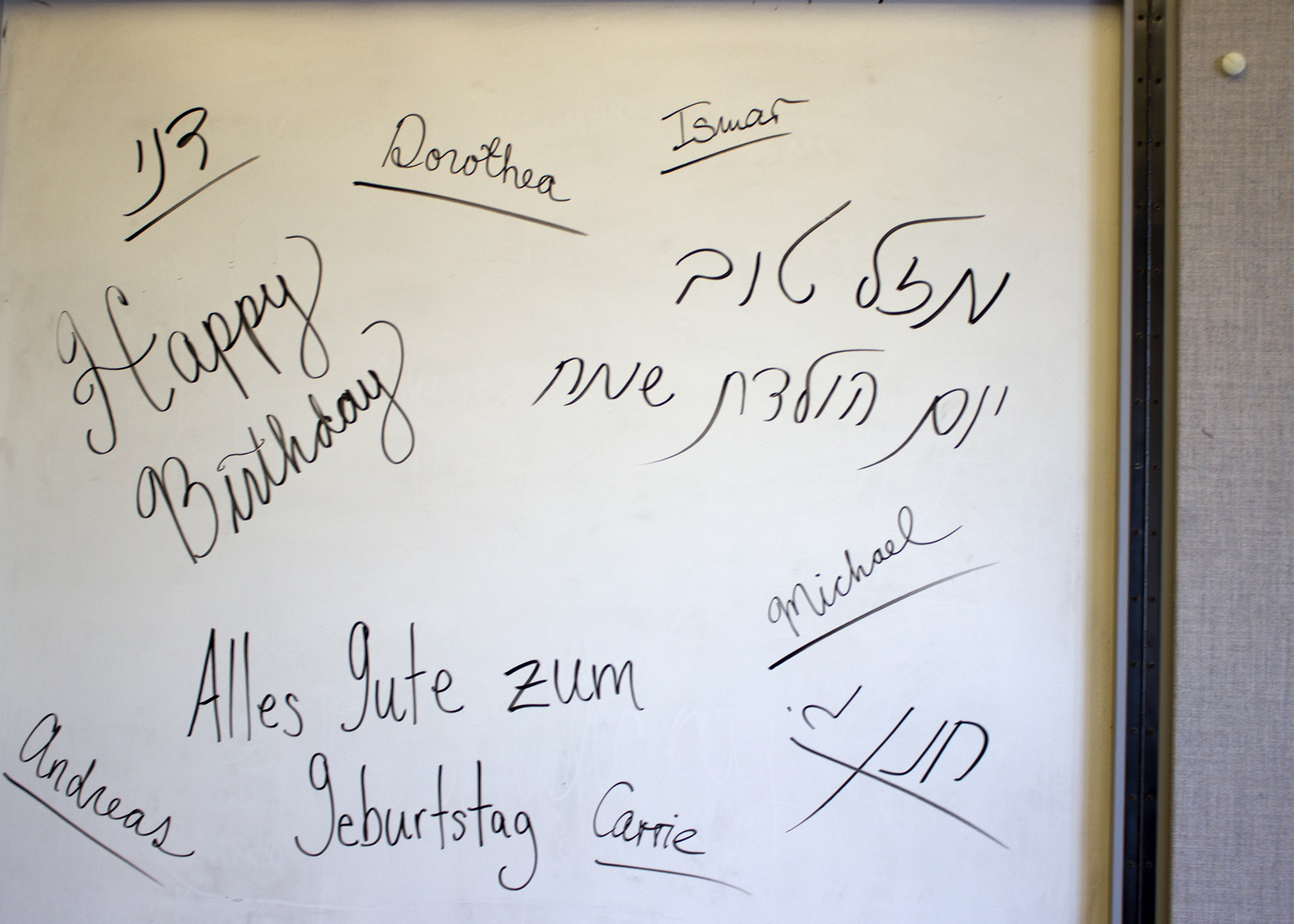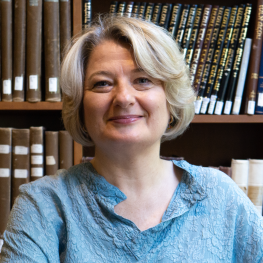The International "Merkatz"

I arrived in Philadelphia on a chilly Monday morning last January, curious to meet a group of fellows many of whom I had only met on bookshelves and to experience the place I had heard so much about since my graduate years at NYU. Little did I expect a friendly atmosphere that far exceeded polite conversations about one’s future research projects and challenging deadlines. What I encountered was a uniquely mixed group of men and women who insisted on conversations in Hebrew and who took interest in one’s adventures in the world of Jewish Wissenschaft of the past centuries and of our own time. Coming from American universities, Israeli and European academic institutions and countries that had been part of the Soviet bloc, we found several languages in common. Joining a group of fellows proved to be an intellectual adventure. While the project of modern study of all things Jewish emerged in the German context in the first half of the nineteenth century, I found myself challenged by the dominating voice of the Western European Jewish scholars. As someone who was trained in Eastern Europe and who had come to the USA for the second Ph.D., it was particularly interesting to find myself sitting on the academic fence, comparing approaches and agendas of scholars who had come to the Katz Center from Europe, Israel and American academic institutions. How much did we have in common and were our scholarly sensitivities all that different? Or maybe they stemmed more from gender and generational differences? I have not resolved these dilemmas. But I found myself fortunate to look deep into my own ideological, cultural, and linguistic context when engaging with the subject of Jewish studies. Still, camaraderie and shared predilections brought us together; everyone was ready to laugh together, swap library books and admit to anxieties about time that was passing way too fast.
Joining a group of fellows proved to be an intellectual adventure. While the project of modern study of all things Jewish emerged in the German context in the first half of the nineteenth century, I found myself challenged by the dominating voice of the Western European Jewish scholars. As someone who was trained in Eastern Europe and who had come to the USA for the second Ph.D., it was particularly interesting to find myself sitting on the academic fence, comparing approaches and agendas of scholars who had come to the Katz Center from Europe, Israel and American academic institutions. How much did we have in common and were our scholarly sensitivities all that different? Or maybe they stemmed more from gender and generational differences? I have not resolved these dilemmas. But I found myself fortunate to look deep into my own ideological, cultural, and linguistic context when engaging with the subject of Jewish studies. Still, camaraderie and shared predilections brought us together; everyone was ready to laugh together, swap library books and admit to anxieties about time that was passing way too fast.
